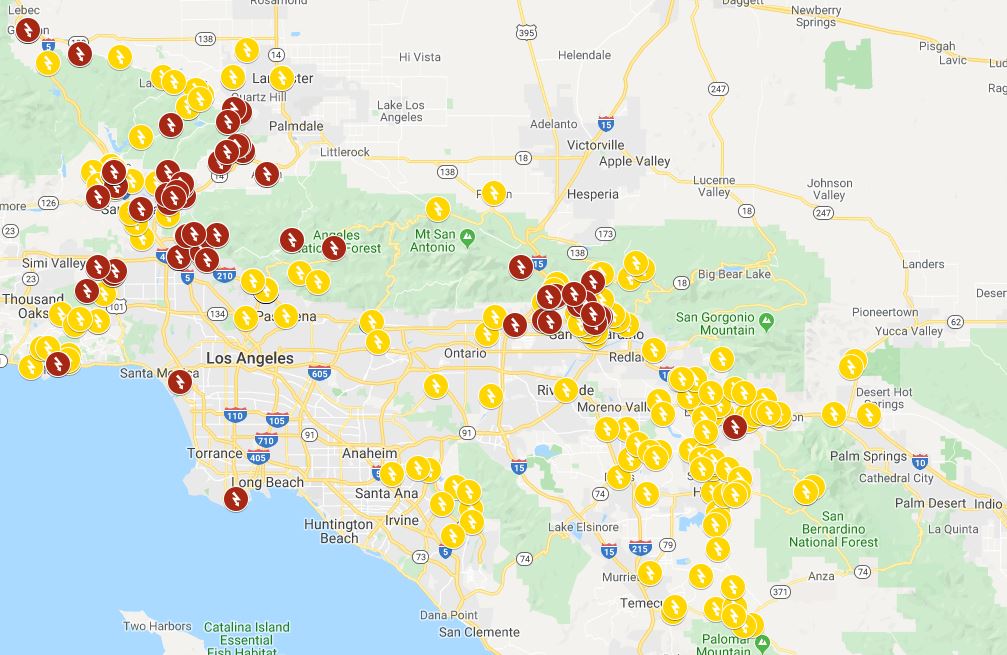Unforeseen Darkness
In recent months, Canadians have experienced a series of disruptive power outages that have not only cast shadows over homes but also sparked debates about our aging infrastructure and the implications of climate change. What was once an occasional inconvenience has morphed into a recurring theme, raising questions about preparedness and resilience in the face of natural disasters.
The Frequency of the Unforeseen
Statistics indicate that power outages are becoming more common across the country. According to the Canadian Electricity Association, from 2007 to 2021, the frequency of outages due to extreme weather has increased by nearly 80%. Severe storms, heavy snowfall, and heatwaves have tested the limits of our existing power grids, leading to widespread disruptions that leave communities in the dark for hours, and sometimes even days.
Public Sentiment and Reactions
Social media platforms have been buzzing with reactions from frustrated Canadians who found themselves plunged into chaos after a brief flicker of lights. “I never thought I’d be living in a world where power outages have become so routine that my children don’t even flinch anymore,” tweeted a disgruntled homeowner from Toronto. This growing sentiment reflects not only frustration but also a pragmatic acceptance of a temporary normal. Residents have taken to sharing tips on how to prepare for outages, creating makeshift power banks, and even stocking up on non-perishable food items.
Potential Implications for Infrastructure
The reality of these power outages raises a significant question: how prepared are we really? Experts have begun advocating for urgent investments in renewable energy and infrastructure upgrades to tackle these recurrent challenges. “We cannot afford to ignore the writing on the wall. Climate change is real, and our power systems must evolve with it,” said Sarah Thompson, an energy policy analyst. This call to action emphasizes the need to shift towards more sustainable practices that can mitigate the impacts of extreme weather.
The Road Ahead
As we navigate through unpredictable weather patterns and the effects of climate change, the importance of resilient energy infrastructure cannot be overstated. Some provinces are already implementing innovative solutions, such as decentralized energy systems and increased reliance on solar and wind energy. However, these initiatives will require collaborative efforts from both government and industry stakeholders to ensure they are effectively implemented.
Ultimately, as Canada confronts the realities of a changing climate, strategies must evolve alongside our understanding of energy production and consumption. Our future depends not just on how we respond to challenges today, but also on how proactively we invest in solutions that will safeguard our communities against the power outages of tomorrow.

